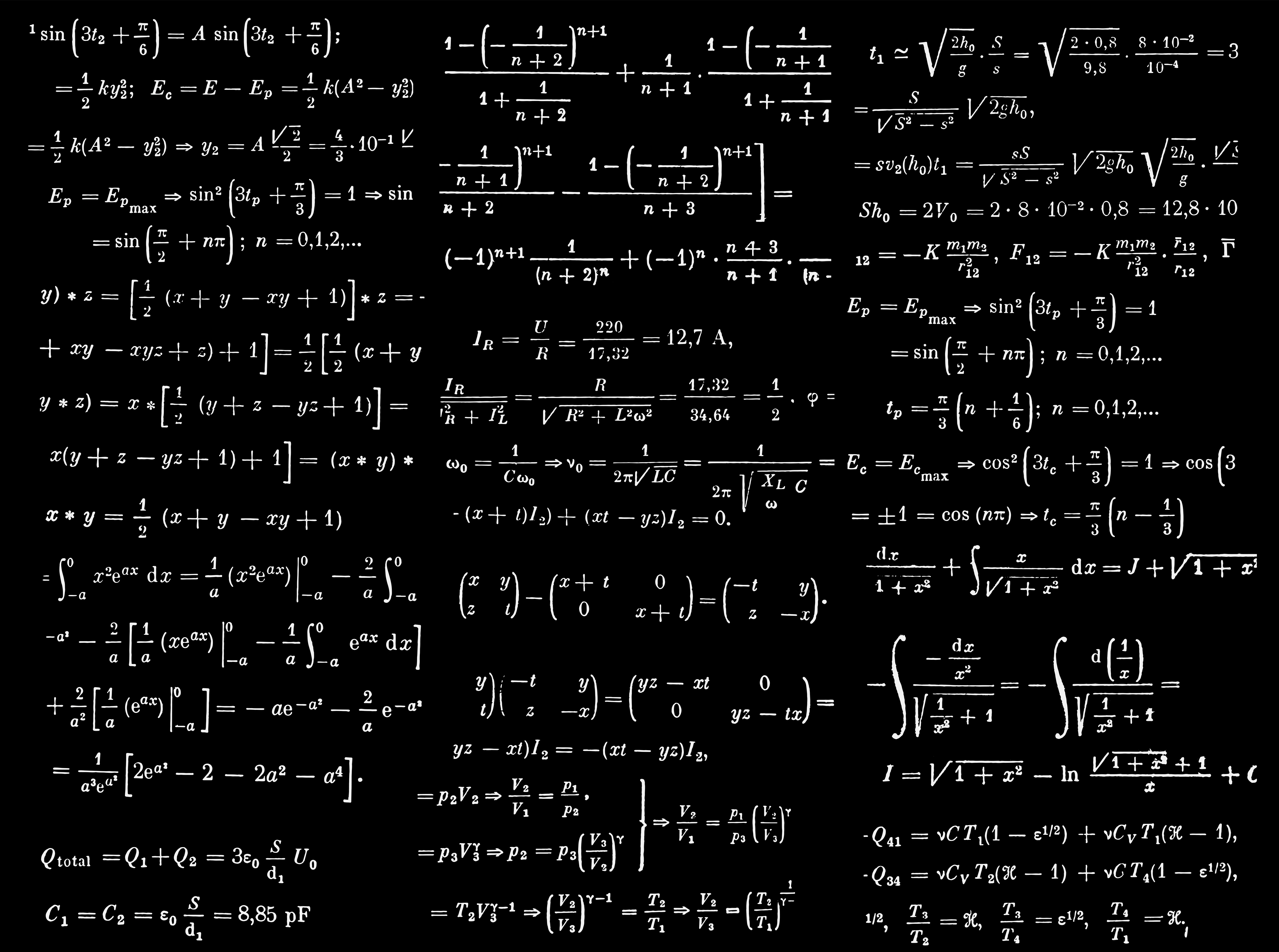Quantum Computing Basics: Boost Your Coding Skills Today
In a world that increasingly relies on technology, understanding the principles of quantum computing is no longer just the domain of physicists and researchers. It’s become essential for developers eager to stay ahead of the curve. By integrating quantum principles into everyday coding practices, you can unlock new levels of efficiency and creativity. This guide will remove the mystique surrounding quantum computing, providing real-world applications and actionable strategies that you can implement in your tech projects. Let’s step beyond conventional programming and explore how quantum concepts like superposition and entanglement can transform your coding game.
The Quantum Revolution: Why Should Developers Care?
First, let’s break down why quantum computing matters for everyday programmers and technologists. The classical computing paradigm has served us well, but as problems grow increasingly complex—from optimizing logistics in supply chains to simulating molecular interactions in drug design—traditional computers reach their limits. Quantum computers, on the other hand, operate on qubits, which can exist in multiple states thanks to superposition. This allows for processing vast amounts of information in parallel—a concept that, when applied to programming, can revolutionize how algorithms are constructed and optimized.
For instance, using quantum principles, you can create algorithms that evaluate multiple possibilities simultaneously rather than checking each one sequentially. If you've ever struggled with a combinatorial problem, imagine a tool that could provide answers by considering all potential solutions at once. This shift could drastically reduce computation time, making previously infeasible problems solvable.
Unpacking Quantum Concepts: Superposition and Entanglement
Superposition: A New Layer in Logic
At the heart of quantum computing lies the principle of superposition. In classical computing, a bit can only represent a 0 or a 1. A qubit, however, can represent both 0 and 1 at the same time, thanks to superposition. What does this mean for coding? Imagine you’re creating a database query that requires evaluating multiple parameters. By leveraging superposition, you could design a quantum algorithm that processes all queries simultaneously, providing results faster than ever before.
In programming, consider how functions are often constructed to handle binary conditions. By integrating quantum mechanics, you could revolutionize these functions into concurrent queries that analyze multiple outcomes, paving the way for more robust and efficient applications. Learning to visualize your data and operations in superposition can lead to innovative programming solutions.
Entanglement: A New Dimension of Interconnectedness
Another profound concept is entanglement, where qubits become interconnected in such a way that the state of one instantly affects the state of the other, regardless of distance. This principle can be crucial for distributed systems often used in modern applications.
Through entangled qubits, you can potentially improve algorithms involved in cryptography, enabling far more sophisticated encryption methods. If traditional encryption relies on mathematical problems that are difficult but not impossible to solve, quantum encryption could offer breakthroughs in data security by making it practically unhackable. For everyday developers focused on security, familiarizing yourself with these principles could lead to innovations in how you safeguard applications.
Practical Integration: Strategies for Developers
Shifting from theory to practice, how can you start implementing these quantum principles into your everyday coding practices right now? Here are several strategies:
1. Embrace Quantum Programming Languages
The first step toward integrating quantum principles into your coding practices is learning quantum-specific programming languages. Tools like Qiskit (an open-source quantum computing software development framework) and Cirq (developed by Google) support the development of quantum algorithms. By getting hands-on experience with these tools, you'll be able to experiment with superposition and entanglement first hand, and leverage them in your projects.
You can also explore how utilizing Python can help bridge your classical coding skills with quantum programming. Resources from the IBM Quantum Experience provide tutorials and practical exercises that can accelerate your learning in quantum algorithms and their implementation.
2. Analyze Classical Problems with Quantum Insights
Many classical programming problems can benefit from a quantum approach. Take optimization challenges, for example. By understanding how quantum algorithms function, you can analyze conventional sorting algorithms to determine where quantum mechanics could offer a speed advantage. Using quantum versions of the well-known algorithms like Grover's search algorithm or Shor's algorithm will help you start developing intuitive solutions that blend both worlds.
If you're not yet ready to delve into quantum algorithms, consider embracing a mindset of optimization. Study classical solutions and imagine how they could be reconstituted through quantum principles. This exercise can promote creative problem-solving in your coding tasks.
3. Participate in Quantum Challenges and Hackathons
Engaging with the tech community through quantum computing challenges and hackathons can provide invaluable learning experiences and networking opportunities. Platforms like Quantum Computing Challenge and Qiskit’s Global Challenge allow developers of all skill levels to test their knowledge and apply it under competitive conditions. These forums encourage collaboration, sharing insights, and even stumbling upon new applications you might not have considered before.
4. Apply Quantum Principles to Machine Learning Models
Machine Learning and Quantum Computing are increasingly intertwined sectors. Quantum computers can process information and discover patterns faster than classical ones. By applying quantum principles to machine learning models, you can elevate how you approach AI tasks.
For example, consider how quantum algorithms can aid in training models that require analyzing extensive datasets, optimizing hyperparameters, or predicting outcomes based on complex inputs. In doing so, you'll learn how quantum principles can revolutionize areas you may already be working in, providing your projects with a significant edge.
5. Continuously Educate Yourself
The field of quantum computing is rapidly evolving, as is the technology industry itself. To remain valuable and relevant, staying updated on the latest trends, research papers, and advancements should be a priority. Resources like D-Wave Systems and the Quantum Computing Report provide ongoing news about developments and emerging applications. Similarly, take advantage of online courses and certification programs offered by major universities and tech companies.
Consider things like the importance of digital ethics as new algorithms emerge. You can also understand how to balance quantum computing advances with questions surrounding data ethics or accessibility by delving into resources discussing quantum and ethical implications, such as those featured in articles like The Ethics of Algorithmic Taste.
Final Thoughts: Ready to Unlock New Dimensions of Coding?
The integration of quantum principles into everyday coding is not just about technicality; it’s about forward-thinking and breaking barriers. By embracing superposition, entanglement, and the numerous applications they have in software development, you set yourself up for success in a rapidly changing landscape.
Quantum computing is no longer relegated to theoretical frameworks. It is an actionable tool waiting for you to grasp and innovate. Whether applying these principles to improve algorithms, optimizing machine learning models, or enhancing security protocols, understanding quantum mechanics can empower you as a developer.
Equip yourself with the knowledge that places you at the forefront of this technological shift. Dive into quantum programming languages, analyze existing models, and continuously seek out education—even participate in hackathons—to refine your skills. Embracing quantum concepts isn’t just going to reshape how you code; it's going to transform how you think about problems and solutions in the digital landscape.
Stay curious and keep crafting the future of technology!











